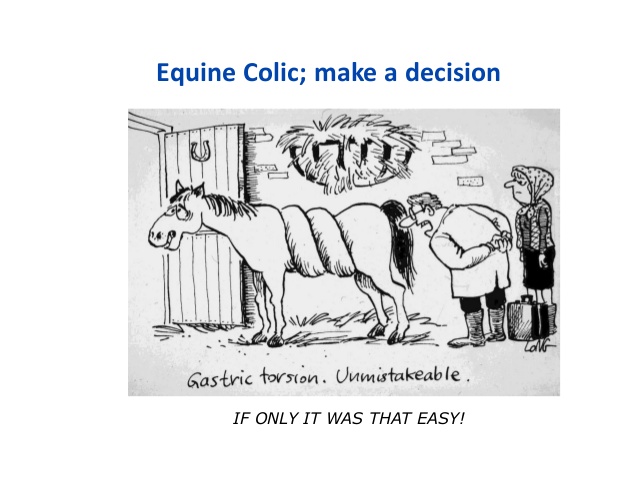Colic is so scary. I’m glad your experience was uneventful. A few years ago I learned that sudden changes in temperature can cause colic - this was news to me! My vet explained that it is really helpful to support horses through sudden temperature changes with blankets, fans, hosing down, whatever depending on the direction of the temperature change. Horses can handle consistently extreme weather pretty well but it’s those sudden changes that are scary. So now I pay attention to the forecast so I can plan to do whatever is necessary to make the transition less stressful for them.
X-tra Strength Gas-X. one tab per 100 pounds. We keep it on the shelf. Recommended by our vet for more than 20 years. They might eat the right flavor out of you hand. Any signs that raise suspicion of colic, vitals are taken, Gas-x, and Banamine. I keep the paste on hand. BO still injects IM. Why?
In a barn with 40-50 horses to care for I don’t know how many years it has been since we had a colic that needed a vet. If the Gas-X doesn’t do anything it doesn’t make any difference. There was a mare many years ago who recovered after a trailer ride on bumpy roads.
Side note: if you buy a tube of banamine the vet will exchange it for a new tube at no charge if it is still within the Use-by date.
Thank you Texarkana!
Every one who keeps horses at home or travels with horses should have a stethoscope and know how to get a heart rate. It’s a super simple skill to learn and you can buy a cheap stethoscope from CVS, or similar.
Even if you are going to call the vet and give the horse banamine based on their instructions, having a heart rate before hand can be very useful info. I’ve seen very stoic horses, who were actually quite sick, standing around quietly (vs. throwing themselves on the ground). Meanwhile, their heart rate is 60 plus.
If your vet is going to give you a dose of buscopan to have on hand, it becomes even more important to have an idea of the horse’s heart rate before hand, as buscopan can increase heart rate.
Another important thing I haven’t seen anyone mention, pull food. Even if the horse only seems mildly colicky or it seems to pass quickly. Wait and hour or so before feeding the horse again (or whatever your vet has instructed). And then, don’t give a large meal as the next feeding. Monitor the input and out put carefully for at least a few hours after.
As stated already, it really depends on the horse, and how severe you think the colic is, and how far away your vet it.
Here in Ontario, we use a product called Emergency 911 paste, it is designed as immediate treatment for many things, including gut ache, stress, heat exhaustion, and dehydration. This is a great product to keep on hand, to administer while waiting on a vet, just remember to keep tack of everything you give to the horse so you can inform your vet.
Colic:

I just went through this. Of course it was on a Friday. The local vet (who ive already had problems with) basically told me oh well.
The travel vet was busy. Thankfully we had a friend who had banamine on hand and I was able to give orally. I think walking him up/down the county road a few times scared the sh** outta him. This happened from him not drinking enough water. We had 70+ temps and dropped down to high 30s for a few days. I was a mess for a few days.
Oh no! Glad yours made it through unscathed as well. Hopefully the screwy weather is behind us now.
Thanks to everyone for sharing their knowledge, this is a GREAT thread.
